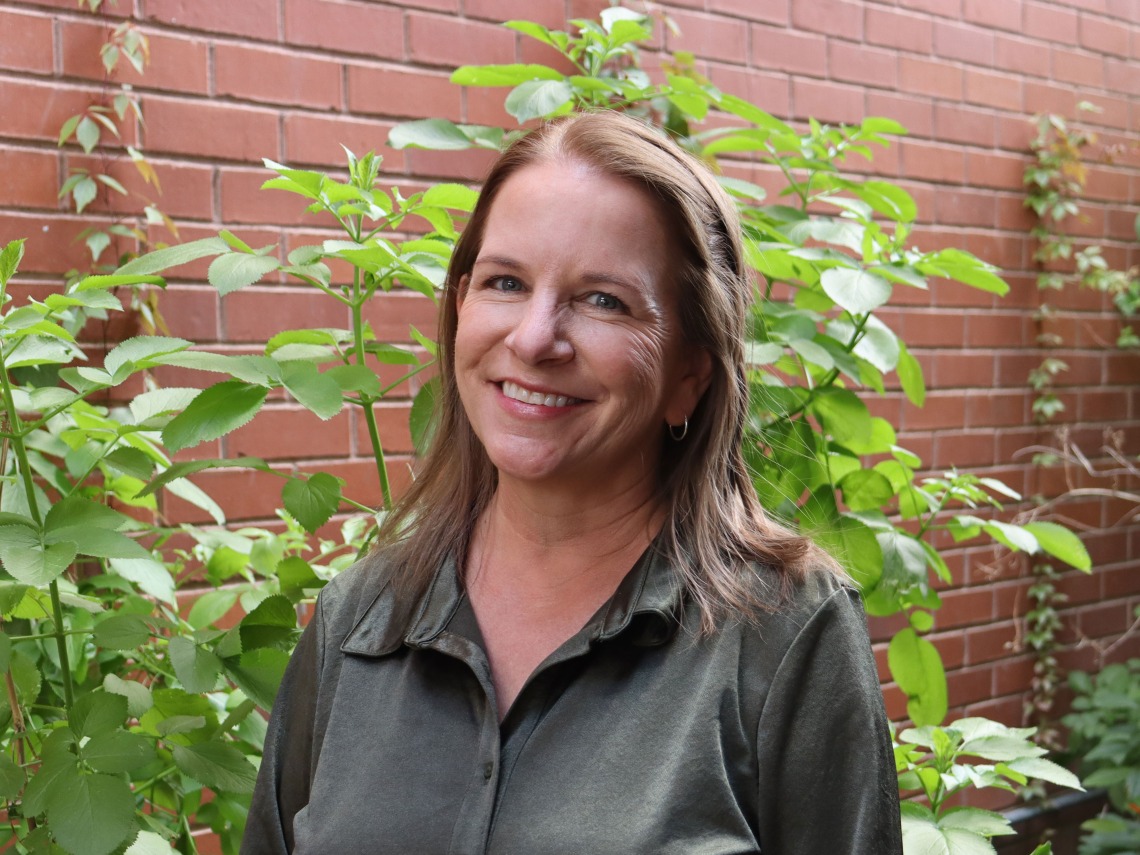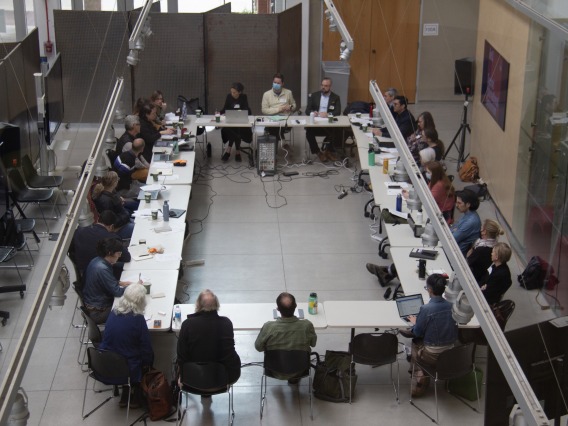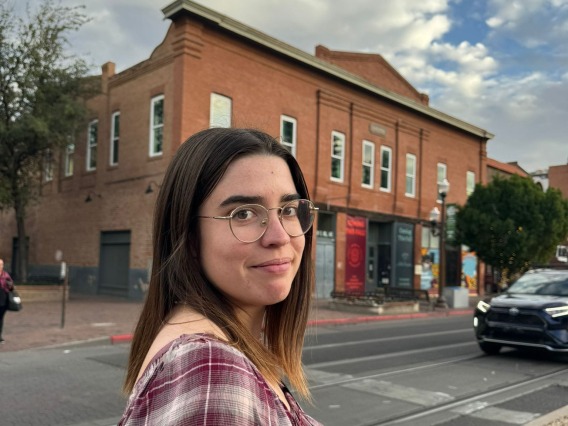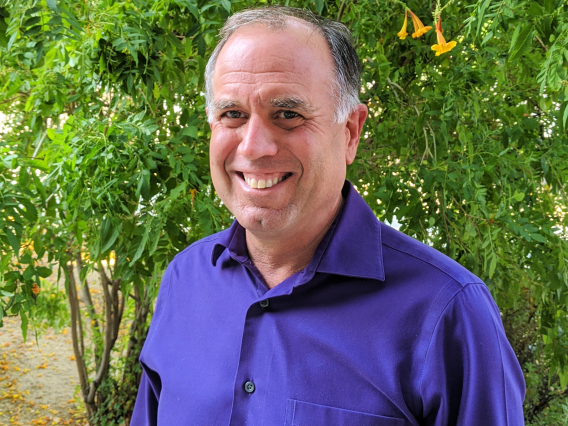New Beginnings: Julie Reed, Undergraduate Advising Coordinator

Eight Questions with Julie Reed, Undergraduate Advising Coordinator
“Use all the resources available to you. If you don't understand something, ask. Our roles as faculty and advisors are to help you learn and succeed.”
Welcome to CAPLA Julie Reed! Our newest academic advisor started in January and is already making her impact felt. An academic advisor at the U of A since 1998, she is sure to offer strong guidance for CAPLA students to help them achieve their goals.
What brought you to CAPLA, and where did you work before joining the college?
Most recently, I worked in the College of Engineering, and I was drawn to CAPLA because of its focus on sustainability and the art aspect of the degrees. Creativity and working with our desert environment—a dreamy mix for me!
Tell us about your current work.
I am the undergraduate advising coordinator, so I'm a liaison between our college advising team and University-wide programs and events. I also advise students in the Sustainable Built Environments program, which is a very cool degree.
What do you find most rewarding about being an academic advisor?
Working one on one with students to help them make their way toward their goals. Listening to each person, asking questions and collaborating in our work toward building a future that makes sense for them.
What do you find most challenging about your job, and how have you overcome that challenge?
Well, I'm new to the college, so there's a whole lot of information to digest. Fortunately, I've been in this position before, kind of starting from scratch in a scrappy way. So it'll end up okay, but it's a lot right now!! I'm reminding myself that I have what it takes and will find my way.
Can you share a favorite story about working with students?
So many! But let me try to pick one...helping a student be okay with taking a break from school to attend to family matters, and staying in touch with them to maintain that thread and support them, so that when they were feeling ready to return, we could resume our work together.
Okay, another thing—working with students who want to take classes or pursue minors, study abroad programs or clubs that don't "make sense" to them but are clearly compelling. Helping them have confidence that their understanding or themselves is worth trusting!
Beyond your job, what are your passions?
I am deeply in love with our dogs. It's annoying, probably, to those around me, because I declare this often. I am wildly entertained by our teenage kids—all the "oh it's so terrible" stories haven't played out so I'm very into lurking in the background and listening to the chatter. It's so fun!
Also, I play Pokemon Go which irks my family. But I have learned to be open about my delight in the game. Finally, I have a Masters of Fine Arts in Creative Writing from the U of A and still write a fair bit.
What is your advice for students to find success at CAPLA and UArizona?
Use all the resources available to you. If you don't understand something, ask. Our roles as faculty and advisors are to help you learn and succeed. Please don't be hesitant to contact us. It's a cliche, but find that work/life balance. Sit near a favorite tree, building, pond or building, and just...sit.
What does the CAPLA experience mean to you?
I'm not totally sure yet since I'm quite new here, but so far—I LOVE our building, I'm delighted by the creativity and collaboration that surrounds me, and I'm so energized by the way CAPLA students engage with their education and think about the future.



